The Alliance for Gender Equality and UHC, co-convened by the International Women’s Health Coalition, Women Deliver, and Women in Global Health, comprises more than 100 civil society organizations from more than 40 countries worldwide. The Alliance drives collaboration and coordinated advocacy for gender-responsive Universal Health Coverage policies, programs, and dialogue; including, but not limited to sexual and reproductive health and rights.

Advocacy networks and partners
The George Institute for Global Health works with a number of partners and networks to amplify our advocacy, build momentum and drive changes that will improve the health of millions of people worldwide.
Alliance on Gender Equality and Universal Health Coverage
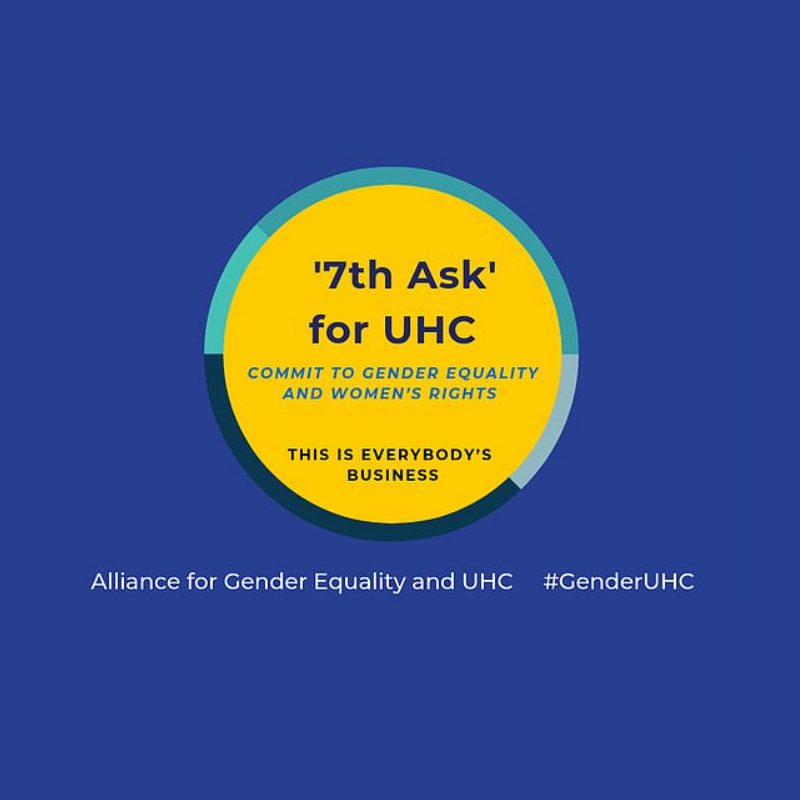
Allies Improving PHC
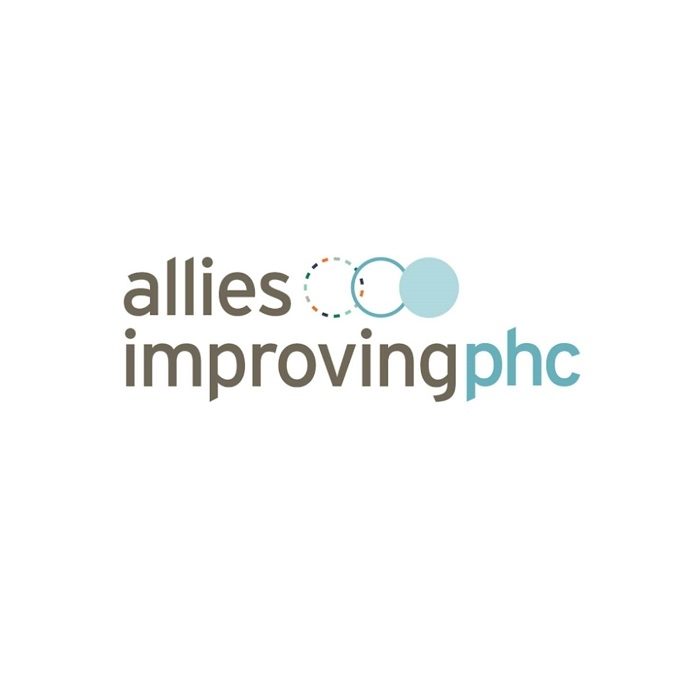
Unlocking the full potential of primary health care as a vehicle for universal health coverage will require the support of everyone with a stake in achieving health for all. Allies Improving PHC reflects this potential by bringing together global and local organizations representing engaged citizens, patients, health workers, international NGOs, advocates, researchers and representatives from the private sector to work together in this effort.
Child Health Initiative
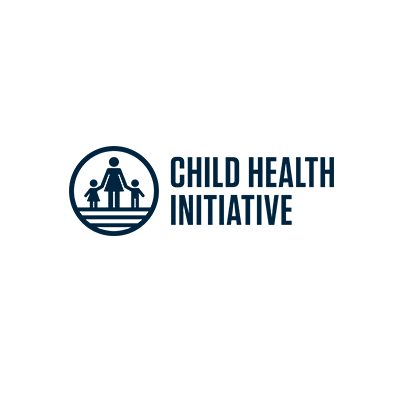
The Child Health Initiative is a collaborative partnership with a focus on global and national advocacy, research, and programme implementation. It aims to provide a voice for the particular needs and rights of children within transportation and urban mobility policymaking, and to highlight the serious and costly health impacts on the young of unsafe roads and air pollution.
Civil Society Engagement Mechanism for UHC2030
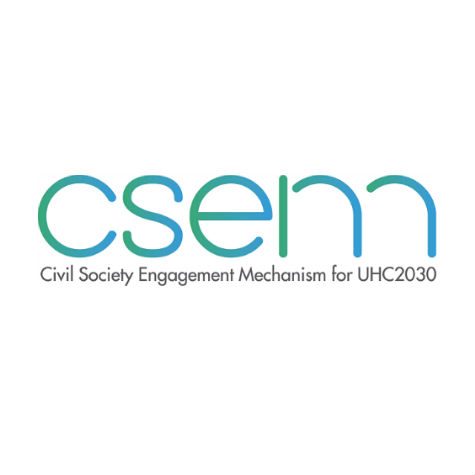
The Civil Society Engagement Mechanism for UHC2030 is the civil society constituent of the International Health Partnership for UHC2030. The CSEM raises civil society voices in UHC2030 to ensure that Universal Health Coverage policies are inclusive and equitable, and that systematic attention is given to the most marginalized and vulnerable populations so that no one is left behind.
Global Alliance for the Care of the Injured
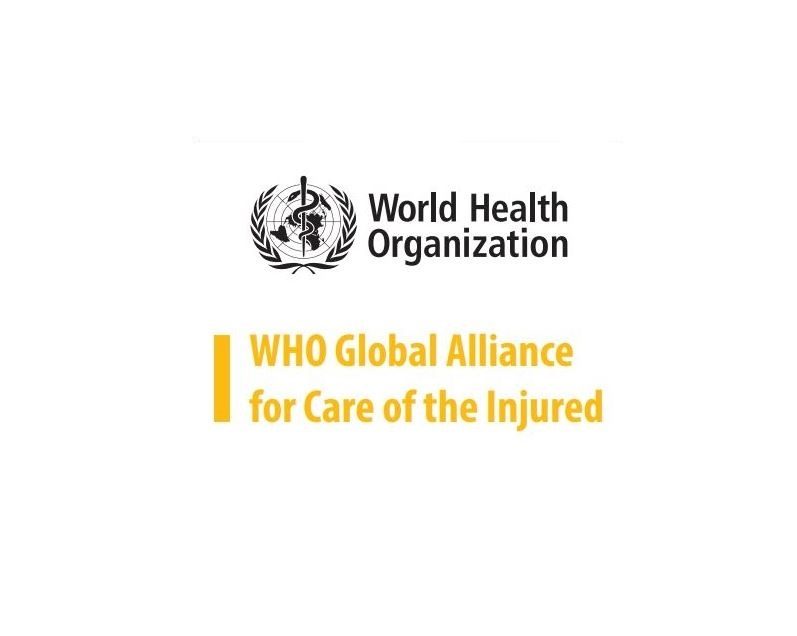
The Global Alliance of the Care of the Injured (GACI) is a WHO hosted network of governmental and intergovernmental organizations as well as nongovernmental organizations, including professional societies, working internationally, who collaborate to improve care for the injured across the spectrum of prehospital and hospital care and rehabilitation of the injured. The aim is to save millions of lives and minimize the devastating consequences of injuries by strengthening trauma care systems.
The George Institute is a member of this Alliance providing input and evidence into the areas of nursing care, injury surveillance and capacity building.
NCD Alliance
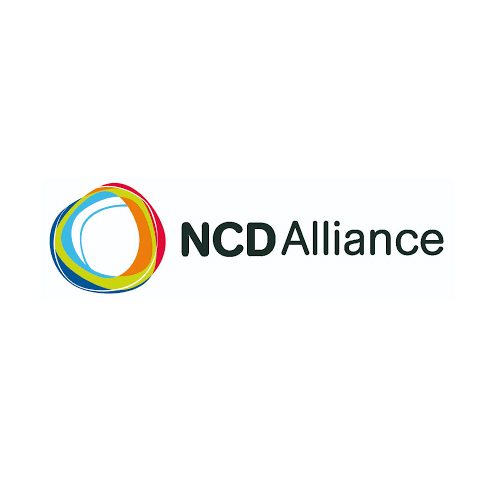
Founded in 2009, the NCD Alliance is a global network of more than 2,000 organisations in 170 countries, including global and national NGOs, scientific and professional associations, academic and research institutions, private sector entities and dedicated individuals. The Alliance is a recognised global thought leader on NCD policy and practice, a convener of the civil society movement, a partner to governments and UN agencies, and an advocate for people at risk of or living with NCDs.
The Planetary Health Alliance
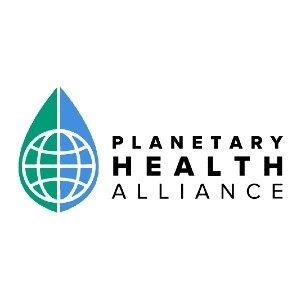
The Planetary Health Alliance supports the growth of the field of Planetary Health. We are a consortium of over 400 universities, non-governmental organizations, research institutes, and government entities from over 65 countries around the world committed to understanding and addressing global environmental change and its health impacts.
Road Traffic Injury Research Network
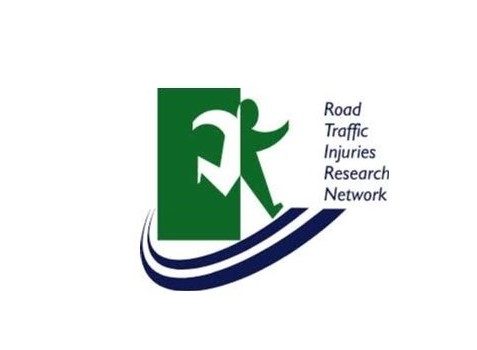
The Road Traffic Injury Research Network (RTIRN), established in 2000, is a group of over 1700 researchers, professionals and students from different disciplines and sectors from over 120 countries with an interest in road safety in low- and middle-income countries. The George Institute was a founding member.
Taskforce on Women and NCDs
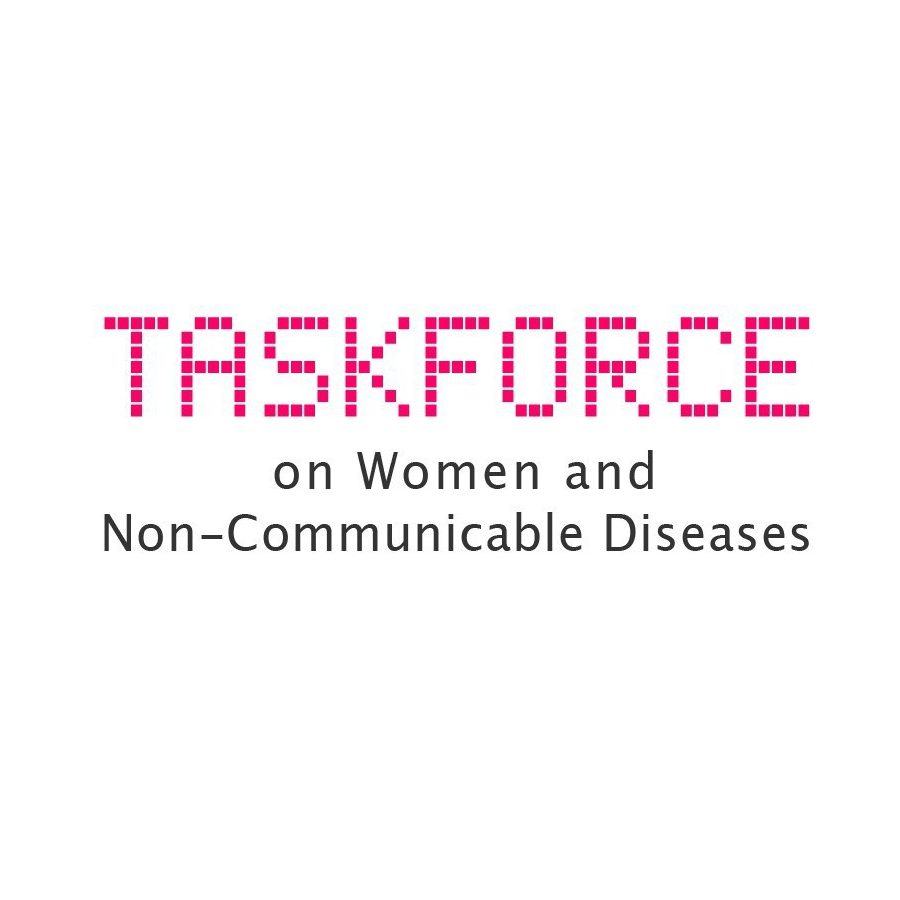
The Taskforce on Women and NCDs brings together global health organizations from the women’s health and NCD communities to respond to the unique and growing burden of non-communicable diseases on women in low- and middle-income countries by mobilizing leadership, expanding technical expertise and disseminating evidence to inform policymaking, planning, and services.
United Nations Road Safety Collaboration
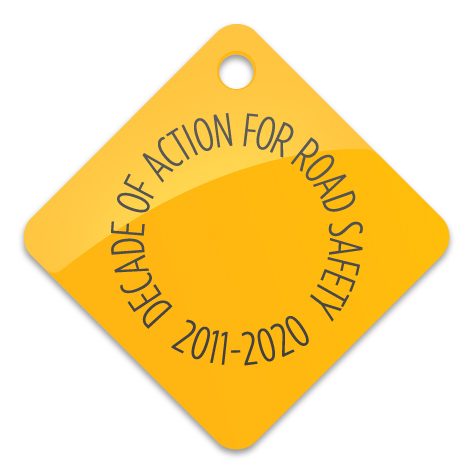
The UN Road Safety Collaboration is an informal consultative mechanism whose members are committed to road-safety efforts and in particular to the implementation of the recommendations of the World report on road traffic injury prevention. The goal of the Collaboration is to facilitate international cooperation and to strengthen global and regional coordination among UN agencies and other international partners.
WHO Global Coordination Mechanism on NCDs
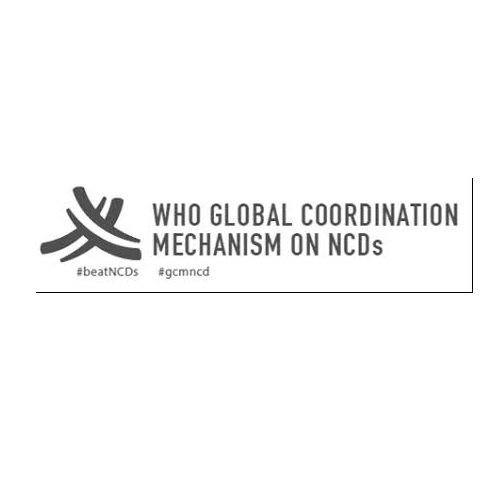
The Global Coordination Mechanism on Prevention and Control of NCDs is a WHO Member State-led coordinating and engagement platform, established in 2014 by the World Health Assembly to help counteract the growing global health threat of noncommunicable diseases. The GCM/NCD contributes to accelerating the implementation of the WHO Global Action Plan for the Prevention and Control of Noncommunicable Diseases 2013-2020, and the NCD-related Sustainable Development Goal (SDG) targets, by fostering high-level NCD commitments.

